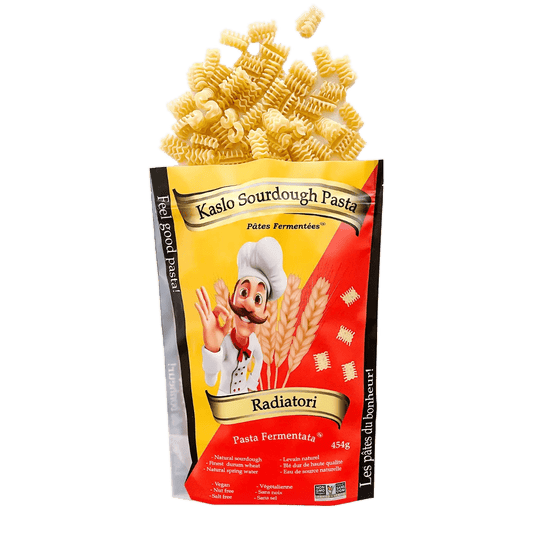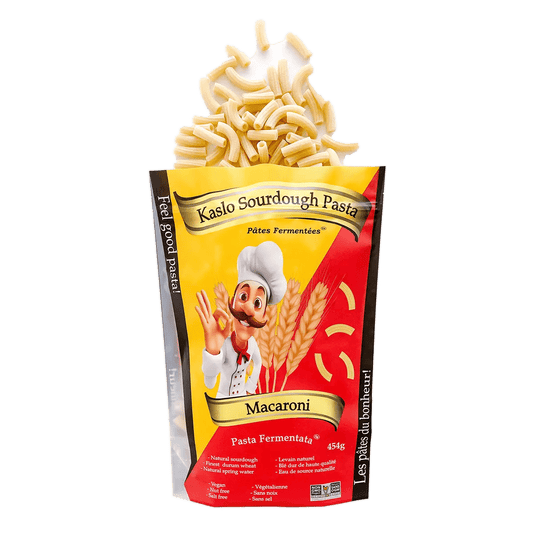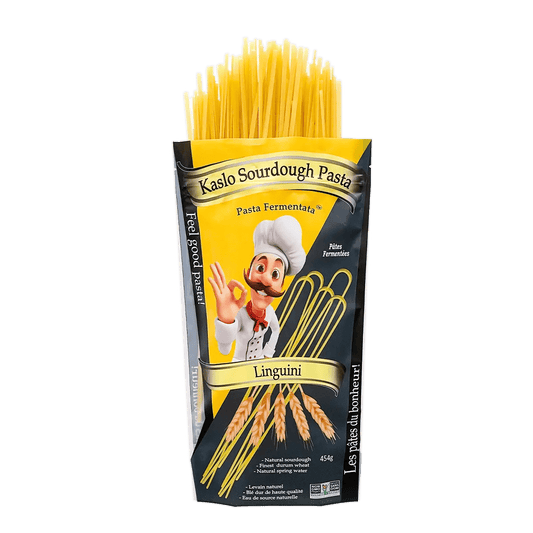Author: Chris Wormald
Yes, sourdough is indeed considered a fermented food. Sourdough bread is made through a process of natural fermentation, where a mixture of flour and water is combined with wild yeast and lactobacilli bacteria to create a sourdough starter. During fermentation, these microorganisms metabolize sugars in the flour, producing carbon dioxide gas, which causes the dough to rise, and organic acids, which give sourdough its characteristic tangy flavor.
The fermentation process in sourdough bread serves several purposes. It helps to leaven the dough, creating a light and airy texture in the finished bread. Additionally, fermentation breaks down complex carbohydrates and proteins in the flour, making them more digestible and potentially enhancing the bioavailability of certain nutrients.
The presence of beneficial bacteria and yeast in sourdough starter cultures also contributes to the development of unique flavors and aromas in the bread. These microorganisms produce compounds that add complexity and depth to the taste profile of sourdough bread, distinguishing it from bread made with commercial yeast.
Overall, sourdough's status as a fermented food highlights its role as a traditional and artisanal bread-making technique that offers both culinary and potential health benefits.
For Further Reading
Science Digest - Thirty years of knowledge on sourdough fermentation: A systematic review
The Ultimate Guide to Sourdough - All things Sourdough





